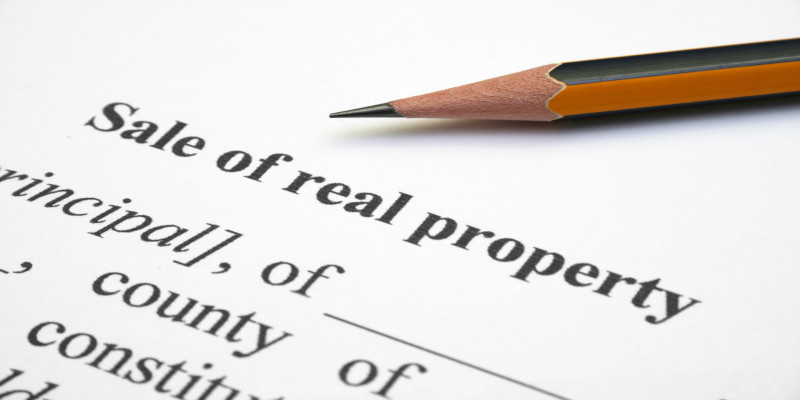
Successfully conveying property requires a clear chain of title that is free of encumbrances. Considerable effort goes into researching, verifying, and communicating who the legal owner of a property is and exactly what debts against that property, if any, may exist. Any uncertainty about the title of a property may lead to the loss of a sale. If a person files a lien on a property without reason, clouding the title in the process, that person may be liable for slander of title. This article will focus on the correct measure of damages in a slander of title action when a party loses a sale of real estate.
Unknown Lien
An example of slander of title occurred in the case of Allen-Pieroni v. Pieroni, 535 S.W.3d 887 (Tex. 2017). As part of their divorce decree, Marc Pieroni agreed to pay Bonnie Pieroni $500,000 over a period of time. In 2009, shortly after the divorce was settled, he bought a house, and Bonnie Pieroni filed a lien reflecting the $500,000 that Marc owed her. In 2013, he fulfilled his financial obligation to her, as decreed. About a year later, after paying the full $500,000, he tried to sell the house, only then discovering the lien that Bonnie had placed on the house. He then asked Bonnie to remove it, which she refused to do. Because the title was clouded by the lien, the sale fell through. That loss was compounded by additional costs related to owning two homes unexpectedly. Marc then sued his ex-wife Bonnie for slander of title and won the case when the trial court determined that Bonnie had acted maliciously by not removing the lien again the house.
Calculating Damages
Along with finding Bonnie liable, the trial court awarded damages for equity in the house plus court and attorney expenses. However, when the case was appealed, the verdict remained, but the Texas Supreme Court overturned the damages, saying the original case had used the wrong measure of damages. The Court stated that “… in a case in which the plaintiff still owns the property at the time of trial, the amount of actual damages caused by the slander is generally the difference between the contract price (the amount the plaintiff would have received but for the defendant’s title disparagement) and the property’s market value at the time of trial with the cloud removed.” See Allen-Pieroni v. Pieroni, No. 05-15-00774-CV, 2016 WL 4039192 (Tex. Civ.App.-Dallas 2016, pet. filed). The court also held the verdict should not have included attorney’s fees and other damages.
Further complicating the proceedings is the fact that at the time of the trial Marc Pieroni did not provide proof of the property’s market value. Bonnie claimed that after the trial Marc sold the property “for a sales price far in excess of the frustrated sale.” Whether because he never provided evidence of fair market value or because he sold the house at a higher rate later, he did not meet the court’s criteria for receiving damages, despite Bonnie’s liability of slander of title.
Proving slander of title and using the correct model to determine damages can be complex, and the cost of missteps can be quite high. A lawyer knowledgeable in real estate law can help a litigant navigate the legal complexities of real property actions and receive fair compensation for damages caused by slander of title.
All information provided on Silblawfirm.com (hereinafter "website") is provided for informational purposes only, and is not intended to be used for legal advice. Users of this website should not take any actions or refrain from taking any actions based upon content or information on this website. Users of this site should contact a licensed Texas attorney for a full and complete review of their legal issues.
